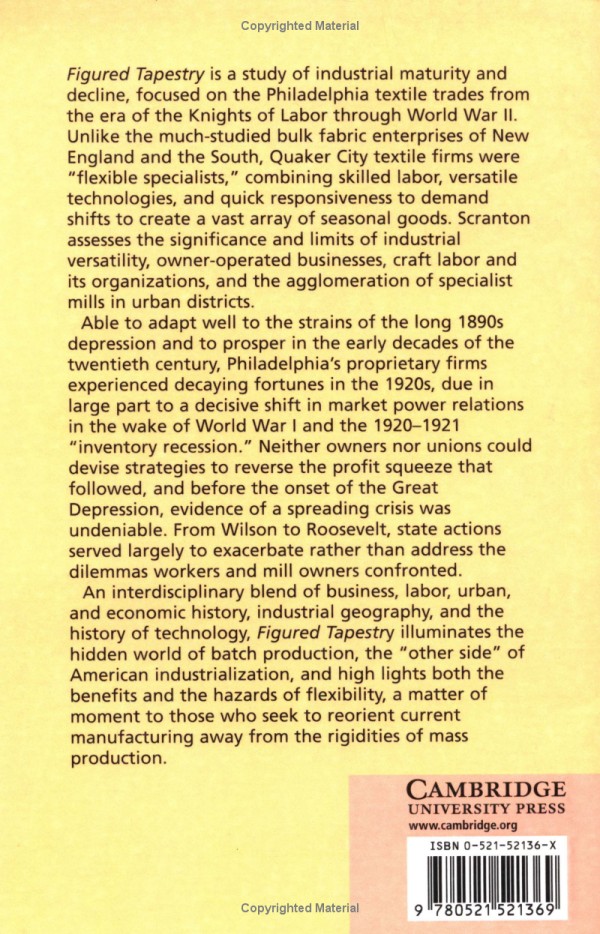The Impact of November 1942: Insights from Peter Englund on World War II
#### Introduction to November 1942 Peter EnglundIn the annals of World War II, **November 1942** stands out as a pivotal month, marked by significant milita……
#### Introduction to November 1942 Peter Englund
In the annals of World War II, **November 1942** stands out as a pivotal month, marked by significant military operations and strategic shifts. Notably, historian **Peter Englund** has explored this era in depth, providing valuable insights into the events that shaped the course of the war. His analysis offers a lens through which we can understand the broader implications of military decisions and their human consequences.
#### The Context of November 1942
As the world grappled with the consequences of the ongoing conflict, **November 1942** was characterized by critical battles and turning points. One of the most notable events was the **Battle of Stalingrad**, which began in August and continued into the winter months. This confrontation between German and Soviet forces marked a significant shift in the war's momentum. Englund emphasizes the human aspect of these battles, illustrating how soldiers and civilians were impacted by the relentless violence and strategic maneuvering.
Englund's work delves into the psychological toll on soldiers during this period. The harsh winter conditions, coupled with the intensity of combat, created a scenario where morale was as crucial as weaponry. His narrative brings to life the experiences of those on the front lines, providing a poignant reminder of the war's human cost.

#### The Broader Implications of Military Strategies
In **November 1942**, the Allies were also strategizing for a counter-offensive against Axis powers. The **Operation Torch**, which commenced on November 8, aimed to establish a foothold in North Africa. Englund discusses how this operation was not merely a military endeavor but also a political maneuver to bolster Allied unity and confidence. The success of Operation Torch was essential in shifting the balance of power and setting the stage for future Allied victories.
Englund's analysis highlights the interconnectedness of military strategies and political objectives. He argues that the decisions made during this month were not isolated incidents but rather part of a larger tapestry of wartime strategy that would influence the trajectory of the conflict. The lessons learned from these operations would inform future military campaigns and shape the post-war world.
#### The Human Element: Stories from the Frontlines

One of the most compelling aspects of Englund's exploration of **November 1942** is his focus on individual stories. He recounts the experiences of soldiers, medics, and civilians, illustrating the profound impact of war on human lives. Through personal narratives, Englund captures the fear, bravery, and resilience of those caught in the chaos of battle.
For instance, he shares the story of a young soldier who faced insurmountable odds during the Battle of Stalingrad. This soldier's struggle for survival amidst the devastation serves as a microcosm of the broader human experience during the war. Englund's ability to weave these personal accounts into the historical narrative enriches our understanding of the emotional landscape of wartime.
#### Conclusion: The Legacy of November 1942
As we reflect on **November 1942**, it becomes evident that this month was not just a series of military engagements but a defining moment in the history of World War II. Peter Englund's insights provide a comprehensive understanding of the complexities of this period, emphasizing the interplay between military strategy and human experience. His work serves as a reminder that history is not merely a record of events but a tapestry of human stories that deserve to be remembered and understood.

In conclusion, **November 1942** and the contributions of **Peter Englund** continue to resonate as we study the lessons of the past. His exploration of this critical month encourages us to reflect on the sacrifices made and the enduring impact of war on humanity. Understanding these narratives is essential as we strive to learn from history and build a more peaceful future.